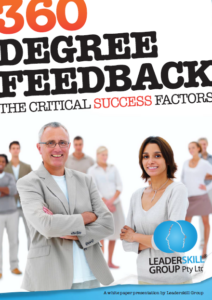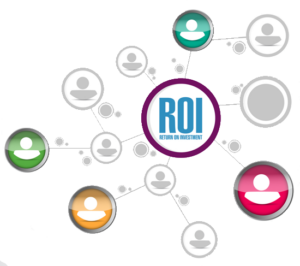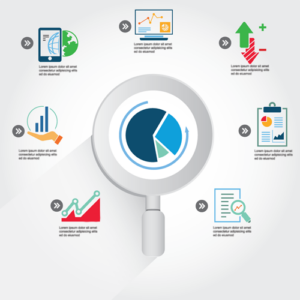Your organisation has just upgraded one of its key computer systems and it’s causing chaos. You loved the old one. You had your head around it and could almost do your job with your eyes closed. Now, you are forced to reinvent your work around the new software and as far as you’re concerned it’s not software at all; it’s way too ‘hardware’. Sound familiar? It might not be that exact scenario, but we’ve all had our work goal posts moved just when our job was running smoothly. But as is sometimes the case, just when we think we know our job inside and out, someone somewhere in the organisation changes everything.
The ‘I’m not going to play’ response
It might seem like the appropriate reaction when you’re confronted with ‘it wasn’t broken, why fix it?’ changes your comfortable working day – you get annoyed and refuse to embrace any part of the new way. However, that, in all its stubborn, resentful glory, is a ‘fixed mindset’.
The All-Purpose Adaptor response
You could, however, even with all its potential disruption, accept this change; welcome it. It might be a useful strategy to take, because one thing’s for sure – change will be the most consistent thing in your life. Perhaps, flip it on its head and think of all the reasons why the change is good. If you know your job inside out, are you one step away from boredom? Too comfortable? Change challenges, invigorates and rewards us with new skills met head-on and mastered. Change has the potential to make us better people. So, roll with it and enjoy it. That’s a growth mindset. In fact, rising to the challenge, growing and developing turns out to be one of the most rewarding and satisfying ways to live life. In addition, developing this skill in others is one of the fastest and most effective ways to build team cohesion and performance.
You are what you think you can be
“I was born this way.” “I’ve always been like this.” “I’m just set in my ways.” Which one of those statements is most likely to help you realise your full potential? Answer: none of the above. How about these? “I can learn; I have spent most of my life learning.” “I can change and have gained a lot from doing so.” “I can achieve a lot when I focus on developing something consistently.” While such profound confidence should stop short of trying to fly or breathe underwater, it’s the only way to think if you intend to be the best ‘you’ you can be.
Let’s play ‘Spot the Difference’
Fixed mindset: “I wish I could paint, but creativity doesn’t run in my family. We are technically minded through and through.” Growth mindset: “I don’t paint because I’ve never really tried to develop my skills. I’m going to take art some classes and start to learn the basics. Who knows, I might be able to substitute data tables for landscapes!” Fixed mindset: “I’m the only original staff member in this department; everyone else has been promoted. I’ll be stuck here forever.” Growth mindset: “There’s a reason I’m still here and haven’t been promoted. I’m going to find out what I need to do better and progress as far as I can in this company.” Confront your faults with honesty and intent. Embrace your weaknesses with the will to win. There will come a time when your weaknesses become your strengths and your biggest strength will be an enabling mindset that helps both you and the people around you discover newfound possibilities.
Here’s to a world of continuous learning!








